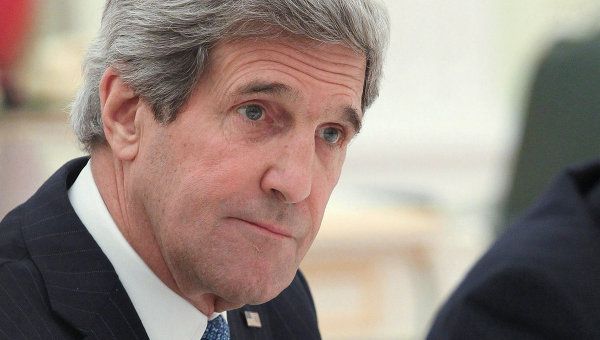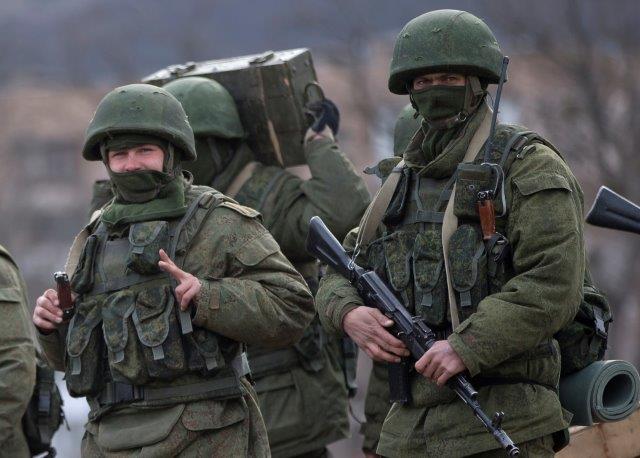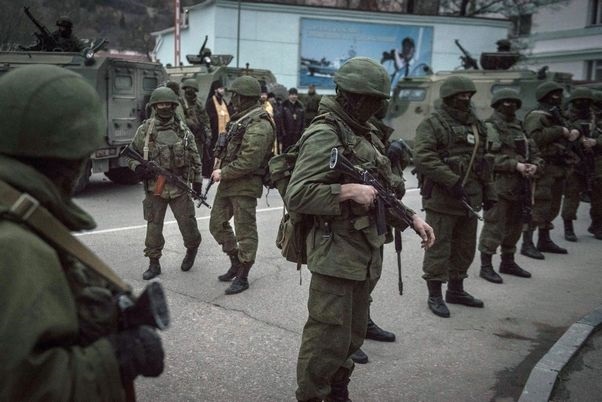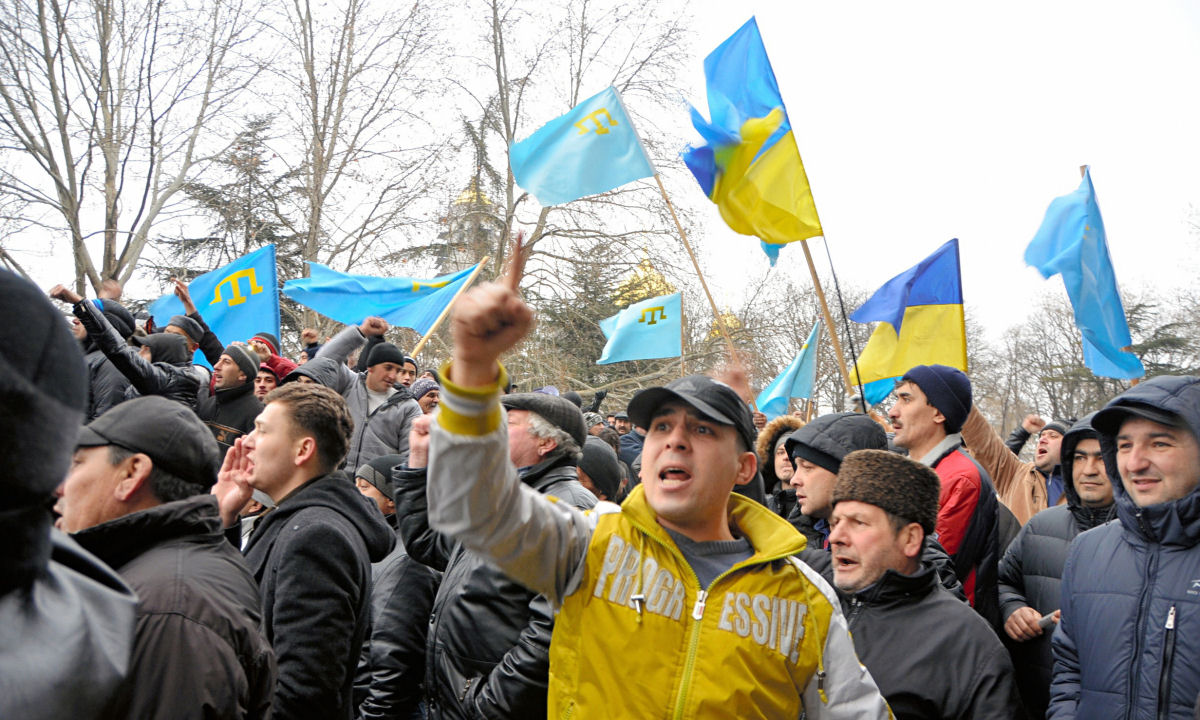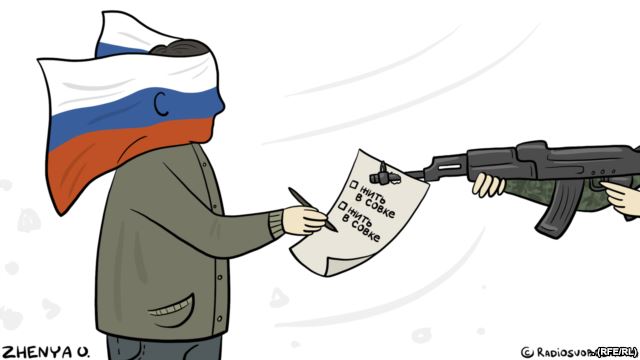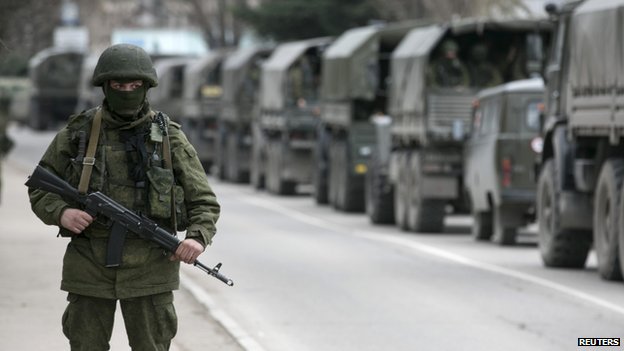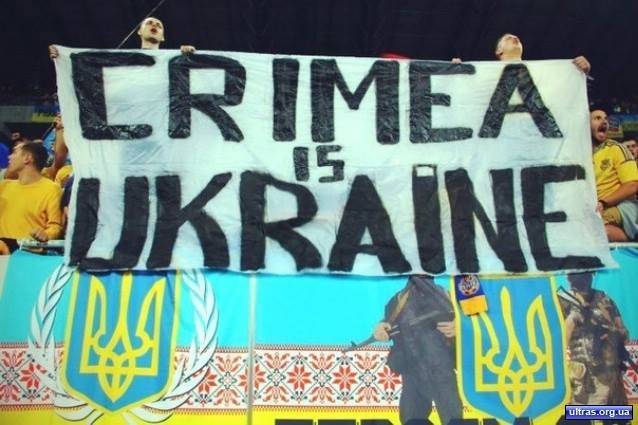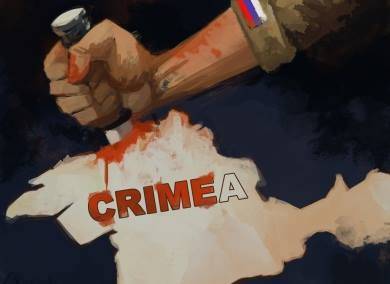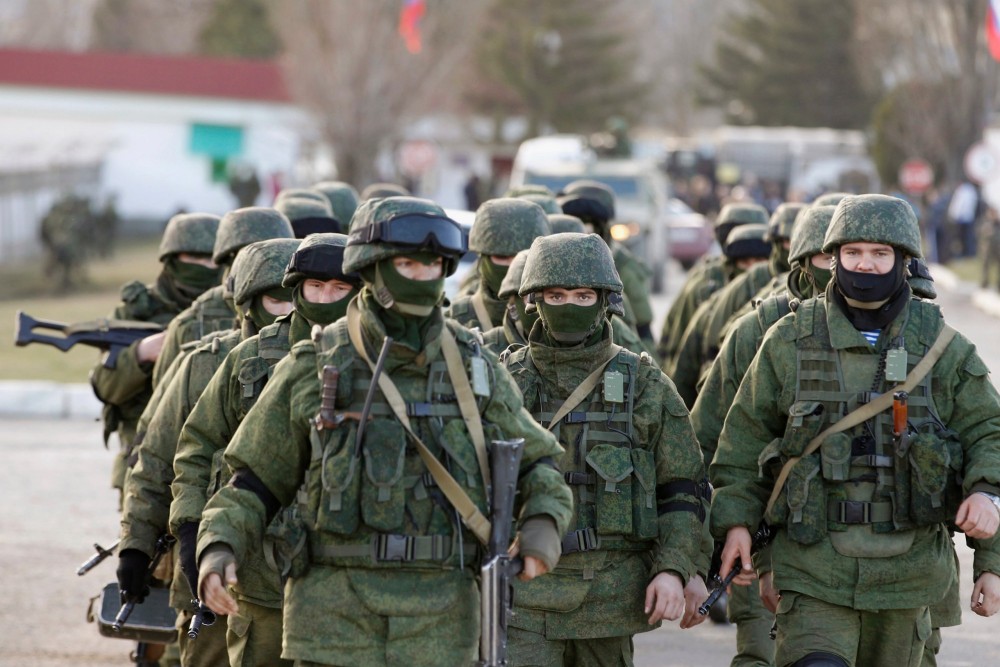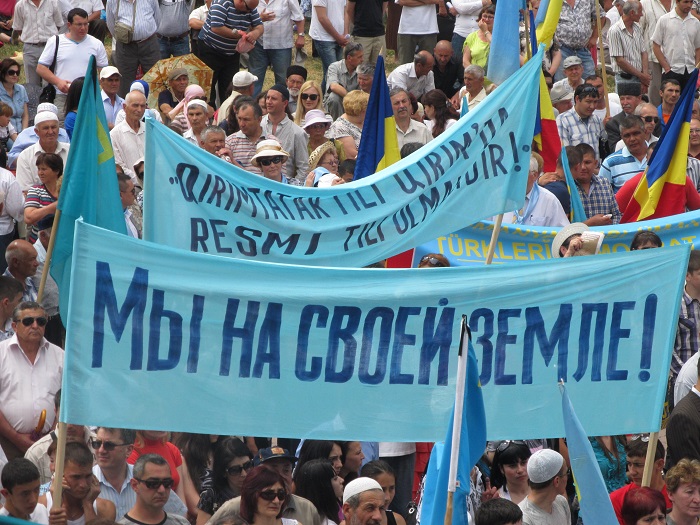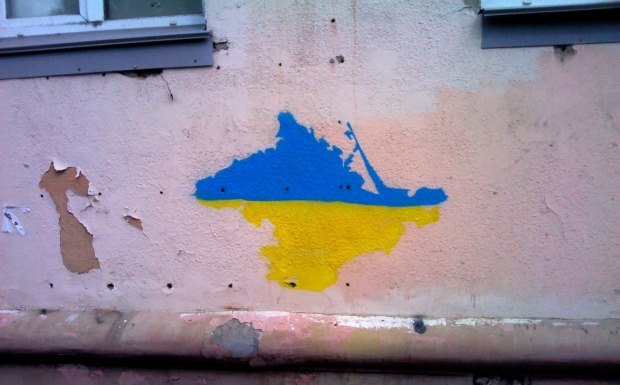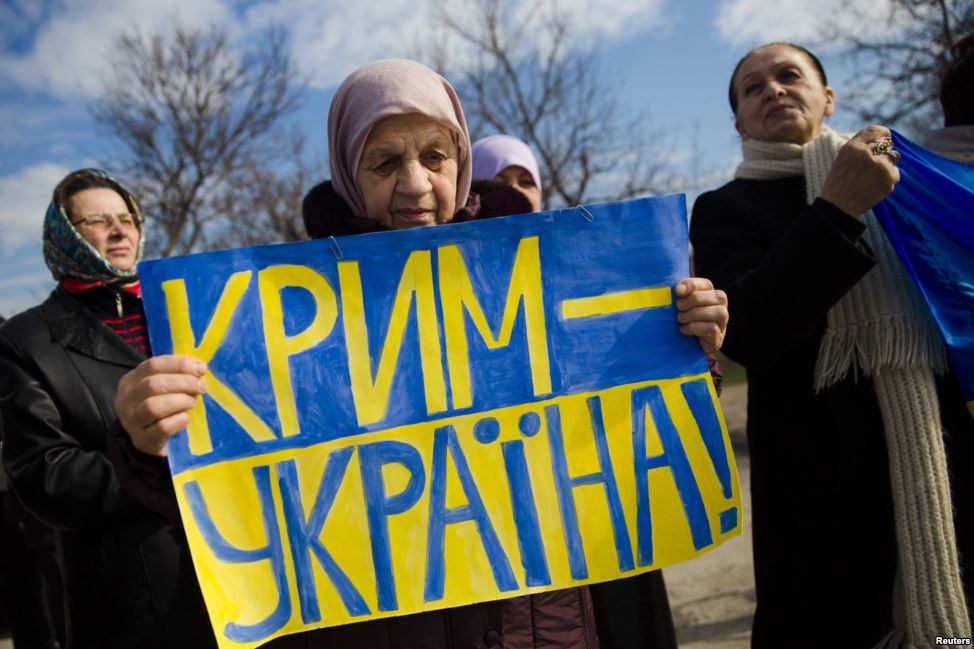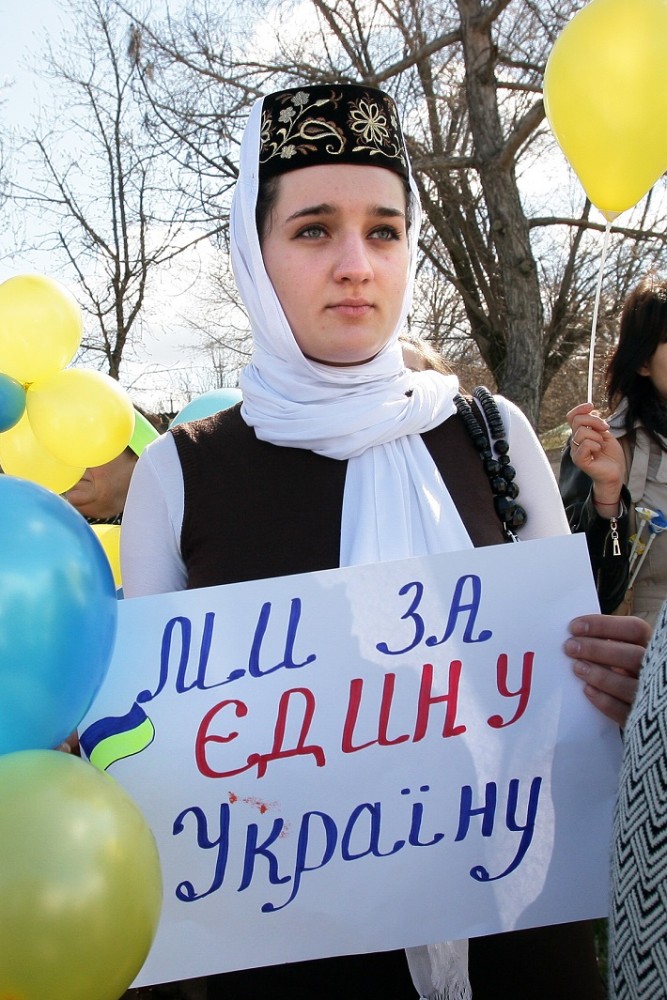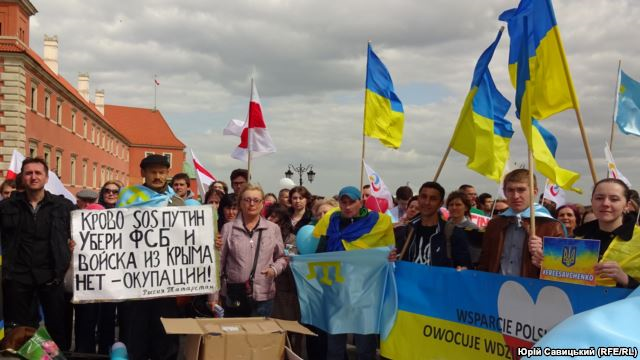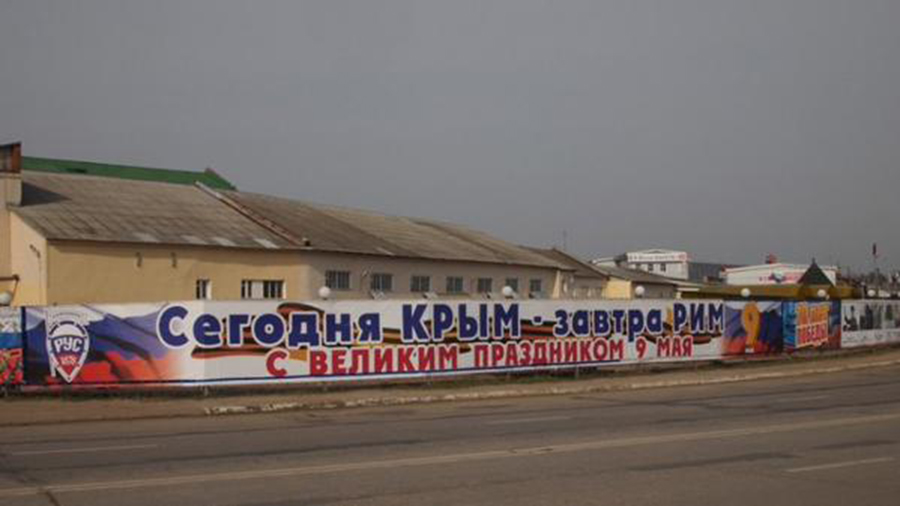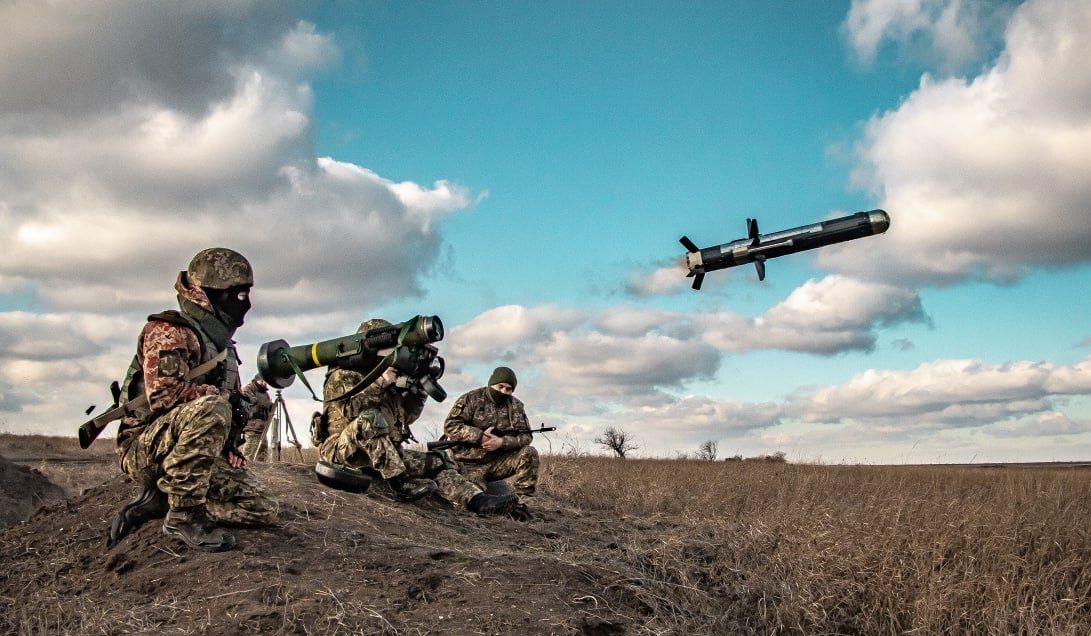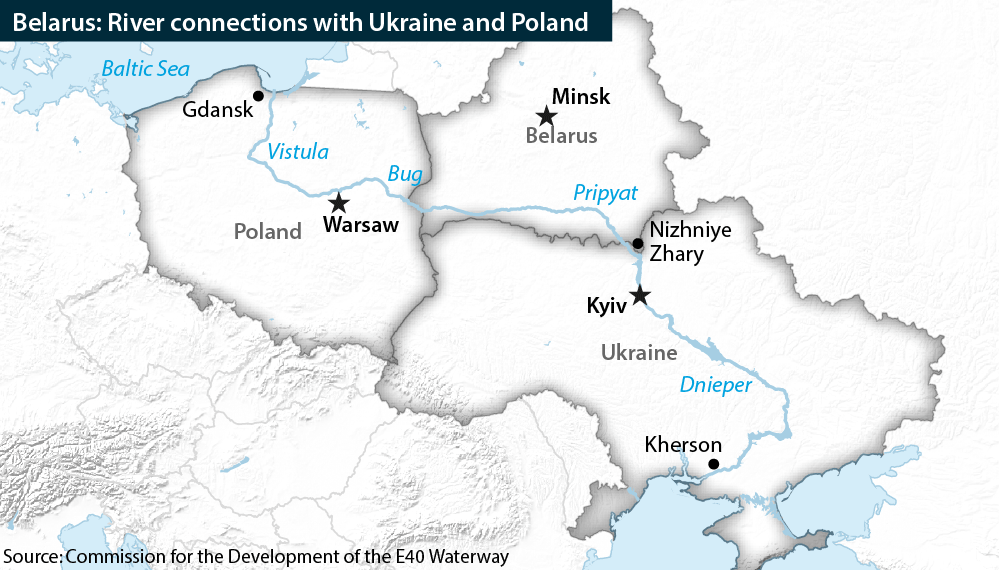Seventy-five years ago today, Acting US Secretary of State Sumner Wells declared that the United States would not recognize as legitimate the forcible annexation of Estonia, Latvia and Lithuania by the Soviet Union but continue to recognize them de jure, thus laying the basis for Western non-recognition policy.
That declaration and that policy were a source of encouragement to the Baltic peoples throughout the Soviet occupation, and now, in the wake of the forcible annexation of Ukraine’s Crimea by Moscow, they should serve as a model for Western policy with respect to such aggression.
Up to now, the US and other Western countries have declared that they will never recognize Russia’s annexation of Crimea, but unlike what Secretary Welles did in 1940, they have not formalized that in the kind of policy that can survive changes in relations between Moscow and the West.
And consequently, when those relations do change, as change they inevitably will, there is a great danger that the West may change its attitude toward the equally criminal actions of the Russian state with regard to Crimea, something that in the absence of a formal non-recognition policy Ukraine has reason to fear and Moscow is certainly counting on.
On this anniversary, US Secretary of State John Kerry issued a statement in honor of the Wells Declaration, noting that it “condemned the forcible annexation of the heroic peoples” of the Baltic countries and represented “our common unshakeable support for freedom, sovereignty and territorial integrity.”
Kerry pointed out that “this document means more than a temporary gesture” and that as evidence of this, “from 1940 until the complete restoration of the independence of the Baltic states, the flags of Estonia, Latvia and Lithuania for a half century flew in Washington” at the US Department of State.
He stressed that the US and the Baltic countries “share an attachment to democratic values and the security of borders” and that they share as well a commitment to “the territorial integrity of sovereign states.” And he welcomed the fact that the three Baltic countries are members of NATO and the EU and supporters of “a peaceful, united and free Europe.”
But today, in what is surely not a coincidence but an intentional effort to muddy the waters of history both of 1940 and 2014, Sergey Naryshkin, speaker of the Russian State Duma, declared that between 1941 and 2014, Crimea was “peacefully annexed by Ukraine.”
This is a truly Orwellian declaration which drains all possible meaning of the term. According to Naryshkin, “the majority of residents of Crimea all these years felt that they were living in an alien land and dreamed of being once again in their historical Motherland, in Russia.” He stressed that this annexation was “peaceful,” but an annexation nonetheless.
And on the other, there is a propensity to use words the way the Red Queen did in “Alice in Wonderland,” not as terms that have fixed definitions but rather mean whatever the speaker wants them to mean at any particular time and thus subject to infinite revision whenever those who use them want to engage in that.




